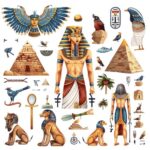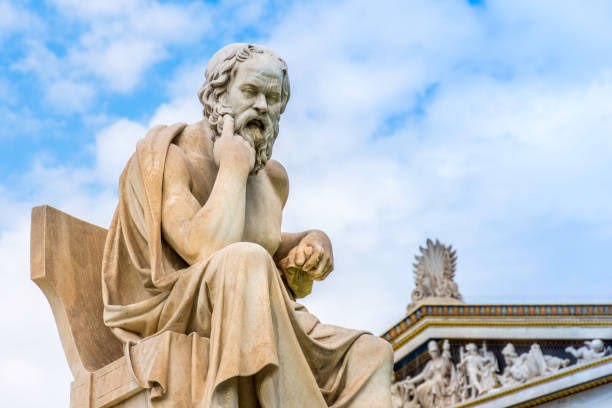Philosophy is the discipline of questioning, searching, and discovering truth. Human beings reach higher knowledge by thinking deeply, finding answers, and raising new questions.
The Origins of Philosophy in Human Life
Ancient humans began philosophy when they shifted from hunting to agriculture. Farmers cultivated seeds, created hybrids, and stored food. This change reduced hunger and gave people freedom to think.
At night, they looked at the sky, moon, and stars. They asked new questions about life, nature, and the universe.
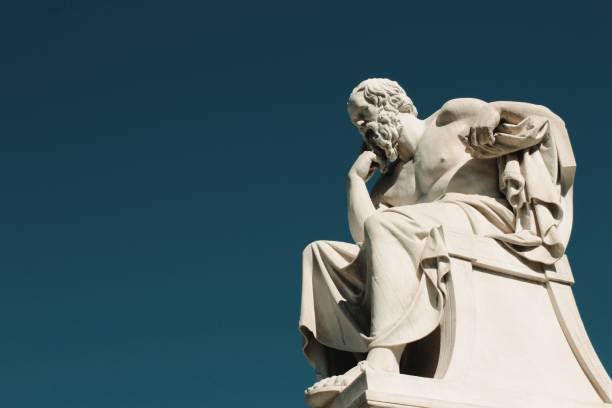
The First Questions of Existence
Humans started asking fundamental questions such as:
- Who created man?
- What is water, fire, and earth?
- Why does death occur?
- Why does the sun rise and set?
- How do seeds grow into plants?
These questions gave birth to three forms of knowledge:
- Science
- Philosophy
- Religion or Belief
Science and philosophy grew through observation and logic. Religion grew when humans linked unanswered questions with belief.
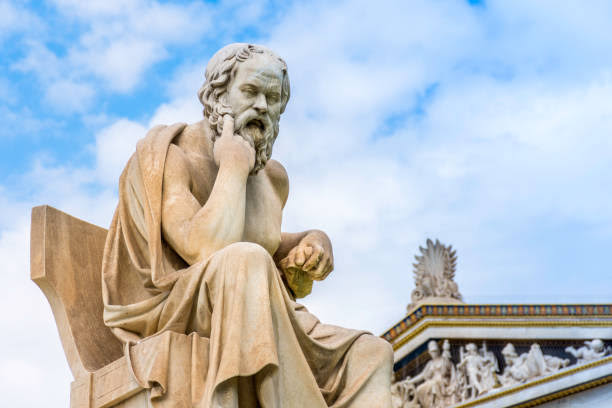
The Meaning of Philosophy
Philosophers defined philosophy in different ways:
Some said, “Philosophy provides correct answers through reason.”
Others called it “the highest form of knowledge.”
Sindhi writer Dr. Muhobat Buriro said philosophy combines sciences like biology, chemistry, astronomy, and history to understand human life.
Karl Marx defined philosophy as “the science of changing the world.”
Two Main Directions of Philosophy
Philosophy developed into two schools of thought:
- Materialism
- Idealism
Materialism
Materialism teaches that matter forms the foundation of everything. Thought and consciousness come from matter. Materialist philosophers start knowledge and research with the fact that matter exists first.
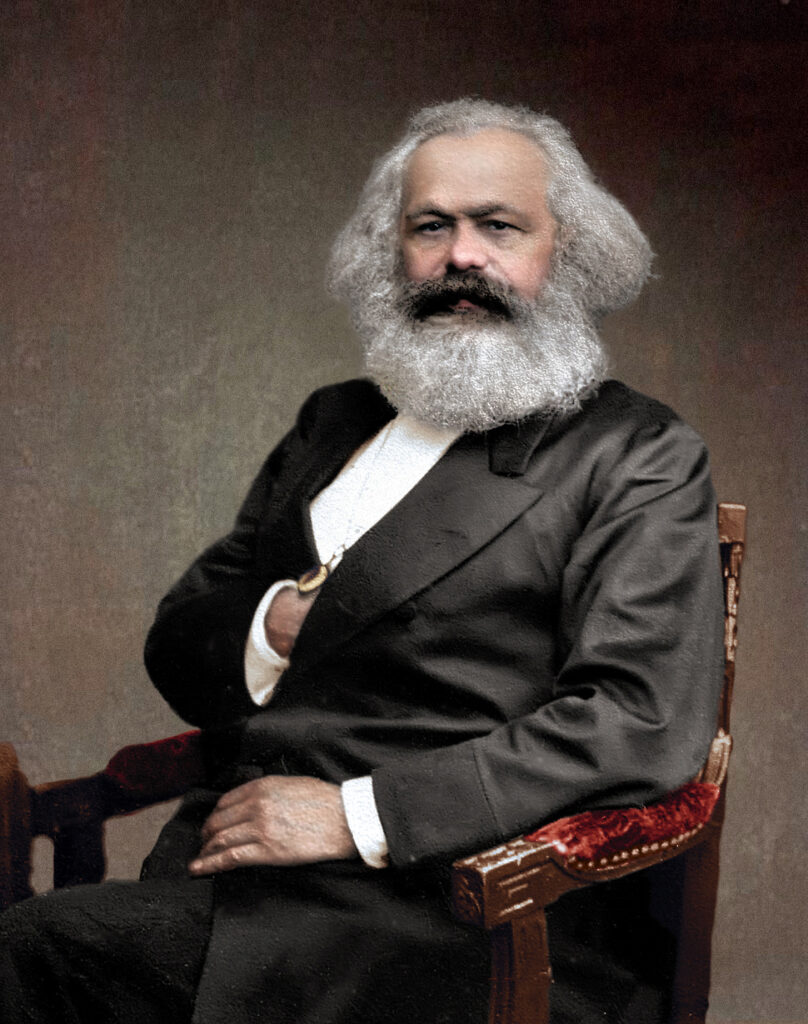
Idealism
Idealism teaches that spirit, mind, or consciousness creates matter. According to idealists, the universe exists because of consciousness. Religion often supports this view by saying divine beings imagined creation before bringing it into reality.
Two Types of Idealism
Objective Idealism
Plato introduced this idea. He said spirits or ideas exist independently and create material things.
Subjective Idealism
George Berkeley developed subjective idealism. He said things exist only when the human mind perceives them. If the mind cannot perceive them, they do not exist.
The Debate Between Materialism and Idealism
The debate between materialist and idealist philosophers continues even today.
Famous Materialist Philosophers
- Democritus – Said atoms created all things.
- Epicurus – Emphasized material reality.
- Thomas Hobbes – Studied society with material foundations.
- Karl Marx – Created historical materialism and explained society through economics.
- Friedrich Engels – Partnered with Marx to explain reality with materialism.
Famous Idealist Philosophers
- Plato – Father of objective idealism.
- Aristotle – Studied beings and their causes.
- René Descartes – Declared, “I think, therefore I am.”
- George Berkeley – Claimed existence depends on human perception.
Gautama Buddha and Philosophy
Where Does Gautama Buddha Belong?
Gautama Buddha denied the concept of God or divine creation. He focused on human suffering, its causes, and its solutions. His teachings did not support idealism.
Was Buddha the First Materialist Philosopher?
Many scholars believe Buddha rejected spiritual explanations. He explained life through human experience rather than divine power. His philosophy connects more with materialism than with idealism, even though later followers turned his teachings into a religion.
Read about Christopher Columbus.
Conclusion
Philosophy continues to inspire debates between materialism and idealism. Materialists claim matter creates everything, while idealists declare consciousness as primary. Gautama Buddha’s teachings provide a unique perspective, rejecting gods and focusing on human reality.


